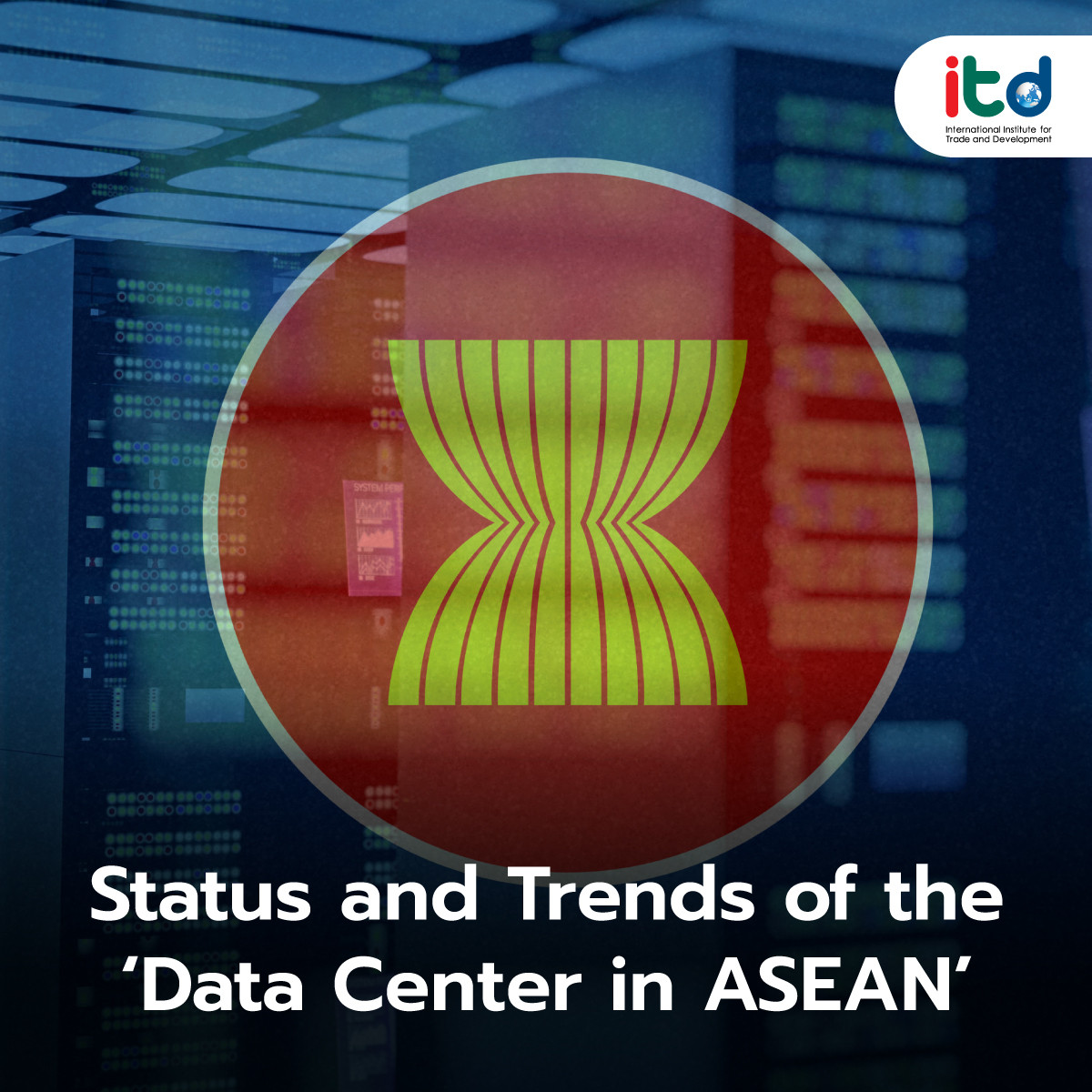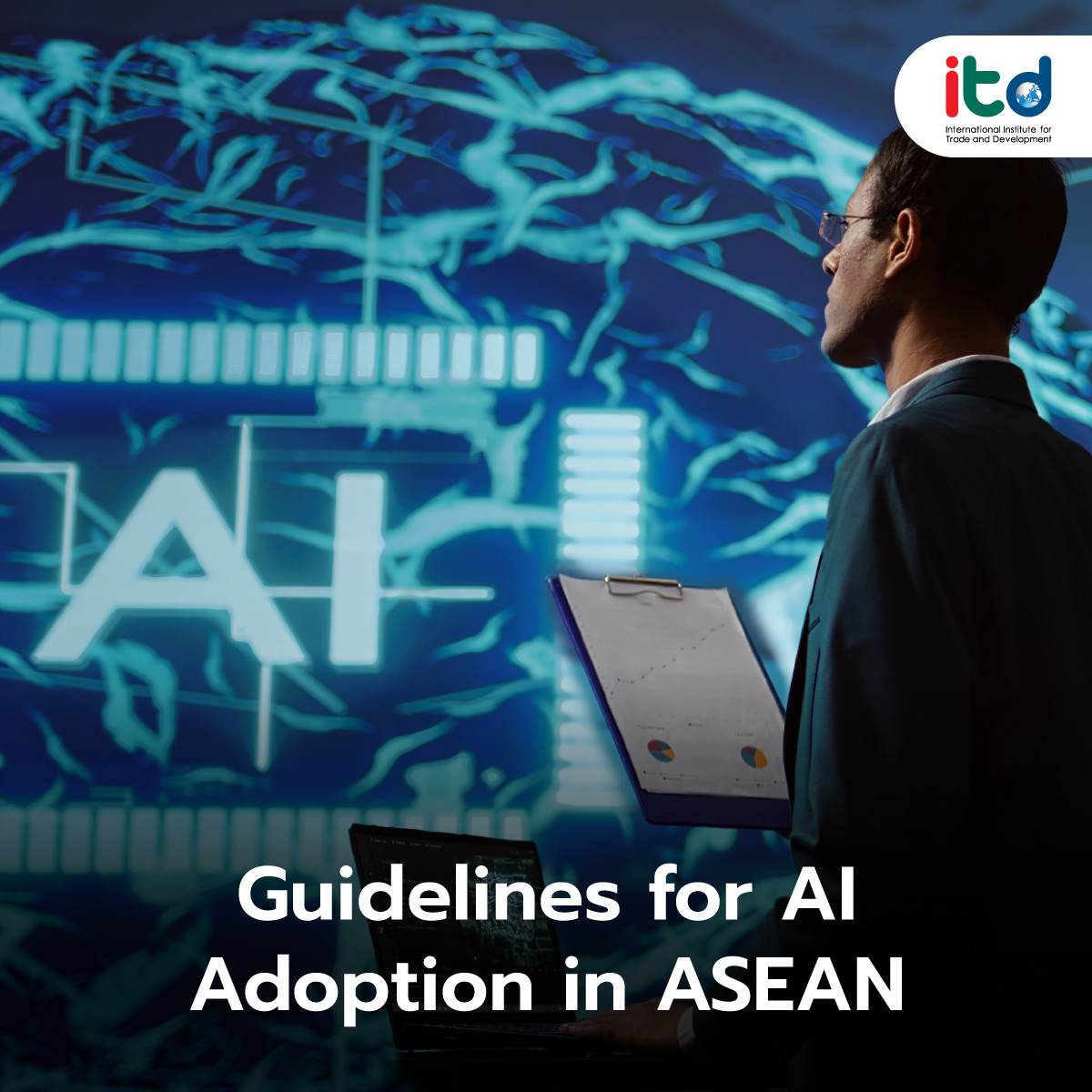About Documents
Although Singapore is one of the wealthiest countries globally and regionally, it still faces numerous challenges, including domestic issues such as high living costs and external challenges like geopolitical tensions arising from conflicts between major powers such as the United States and China.
Another inevitable issue that will become a challenge to Singapore’s economic growth in the near future is the demographic shift towards an aging society, which is a major challenge awaiting the administrator of Singapore’s fourth Prime Minister, Lawrence Wong.
It is undeniable that demographic structural issues are a significant challenge for the Singaporean government, especially since Singapore is a small country and lacks sufficient natural resources to serve as a major source of income. Therefore, Singapore’s economy primarily depends on the quality of its human resources.
To ensure that Singapore remains competitive, the Singaporean government has implemented the new SkillsFuture Level-Up Programme. This program aims to develop the potential of mid-career individuals, or those aged 40 and above, by enabling them to learn new skills. This will allow them to remain employable even as the work ecosystem changes rapidly.
This initiative is a tuition support program in the form of SkillsFuture Credit, which is valued at approximately 4,000 SGD. It is offered to Singaporeans aged 40 and above to enroll in courses that will enhance their employment opportunities. These courses number over 7,000 and will start from May 2024 onwards. Additionally, in 2025, the government will prepare financial support for enrolling in long-term and full-time courses to alleviate concerns about leaving jobs to acquire new skills. The government will provide financial assistance covering about 50% of the income base from the previous 12 months, up to 3,000 SGD per month, for a period not exceeding 24 months.
These projects reflect Singapore’s efforts to maintain its status as a regional economic hub. Preparing the population to support the changes that occur In addition to helping people have the skills they need to work in the future, It is also considered as Inclusive development. Since, at present, the population at the mid-career level have faced the problem of a skills gap, especially new technology skills such as data analysis, cloud computing and AI, which makes it more difficult for these people to adapt as their work context changes. Additionally, it also affects the overall ability of the organization.
However, when considering the regional level, it is evident that many countries, such as Thailand, Vietnam, and Malaysia, which play a significant economic role in the region, are facing an aging society similar to Singapore. The shortage of the working-age population, along with the inability of the existing workforce to adapt to new work environments, inevitably affects the economic growth of these countries. Therefore, preparing for an aging society is crucial to maintaining competitive abilities at the regional level.
Author:
Mr. Bhuchis Phoompakvan
Researcher
International Institute for Trade and Development (Public Organization)
www.itd.or.th
Publication: Bangkok BIZ Newspaper
Section: First Section/World Beat
Volume: 37 Issue:12631
Date: Wednesday, May 1, 2024
Page: 11 (right)
Column: “Asean Insight”






